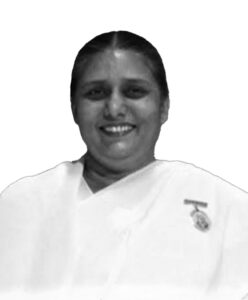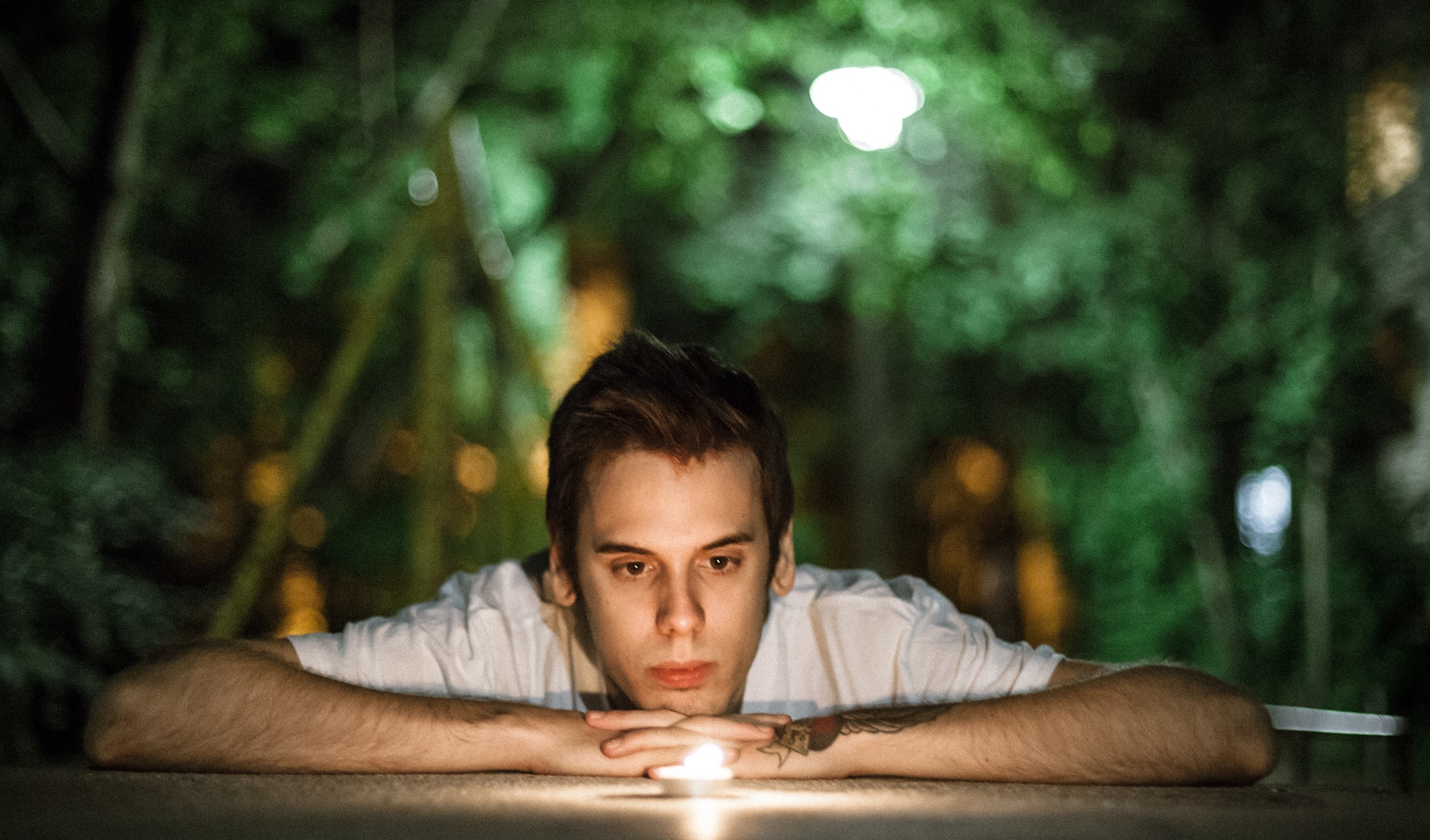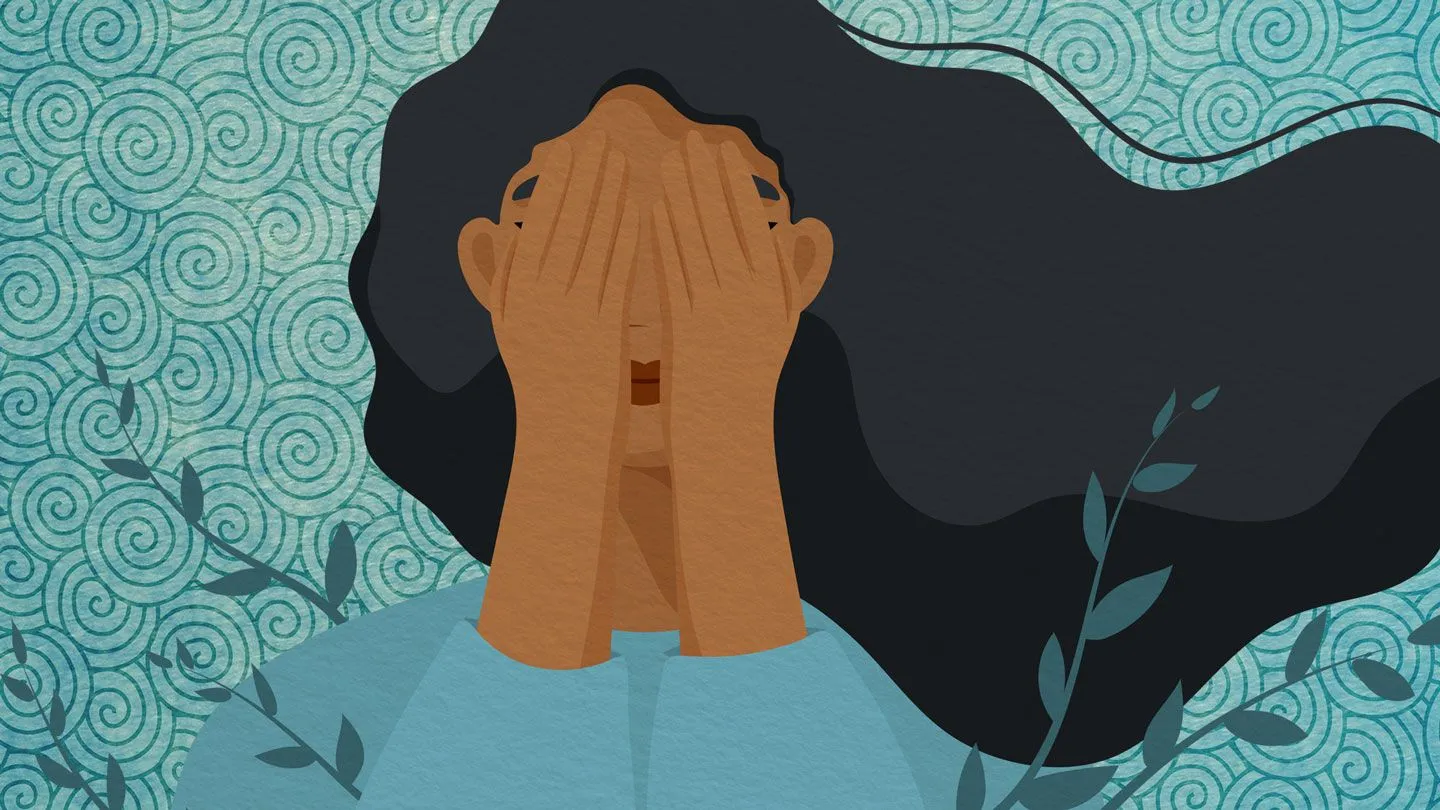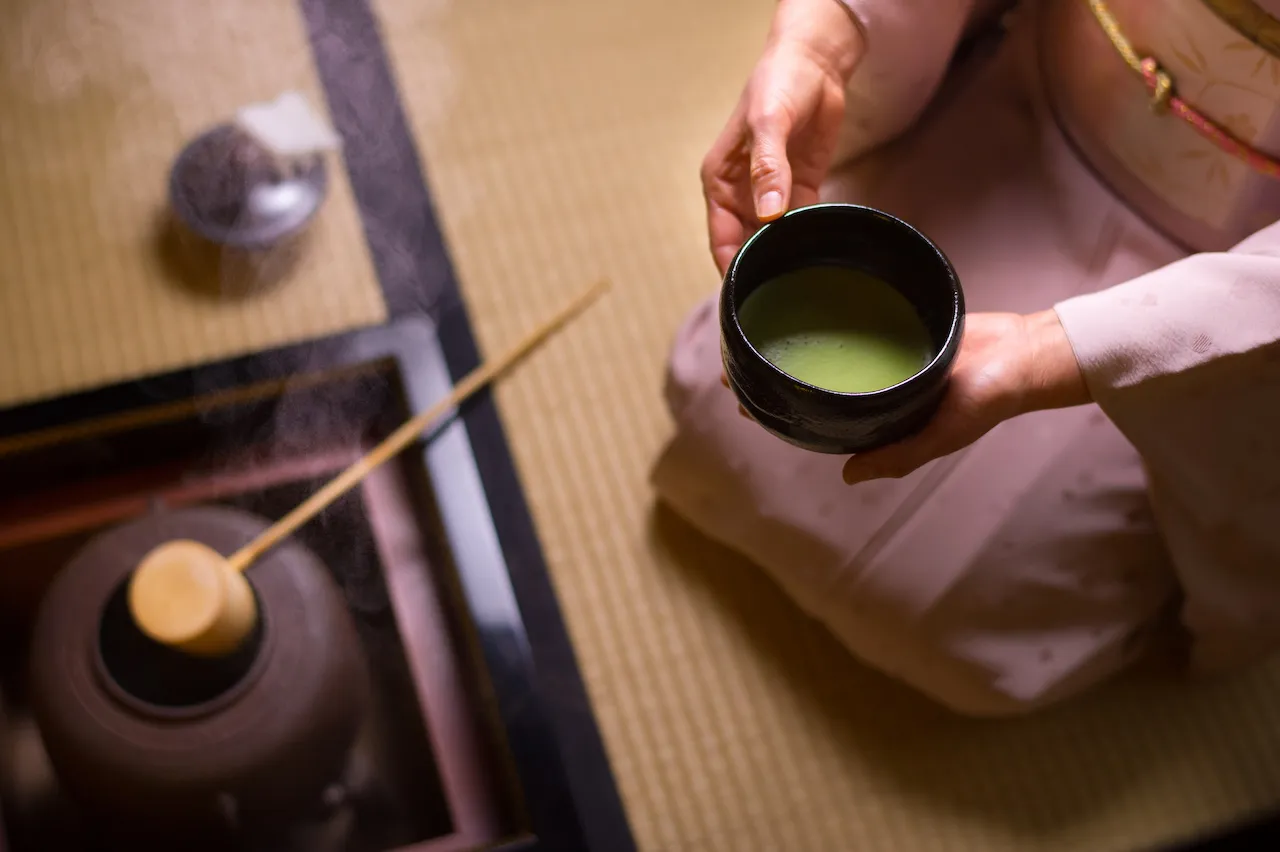The adjective ‘okay’, when used for a person, means ‘safe and well’. In another sense, it also means ‘all right; acceptable’. It indicates that something is not too good, but is adequate or tolerable. How often do we tell ourselves, “It is okay… why bother so much…”, or “It is okay… everybody does it…”?
By thinking in this way, we allow ourselves some degree of latitude to not try our best. We tell ourselves that what we have decided or done is good enough in the prevailing circumstances, and there is no need to try harder or do better.
Every time we think in this way, we compromise with the standards we have set for ourselves in our mind. The reason may be fatigue, lethargy, expediency, or simply the fact that it is what everybody else is doing.
But can we be the best if we settle for less than the best? For someone working towards self-improvement, such a choice can be very damaging. It will push us off track and we may end up far from where we aimed to reach.
If we wish to become flawless, we should be prepared for the long haul. Self-improvement requires not just the desire to be good, but also honest self-examination, sincere efforts to overcome one’s weaknesses, and courage and persistence to keep at it in the face of difficulties and failures.
It is easy to decide that ‘It is okay…’, and settle for mediocrity. The mind will come up with all sorts of arguments to justify the ‘okay’ choice. But the very fact that we are trying to convince ourselves indicates that there is something wrong with our decision, which is why we are trying to assure the self that, that is not the case. If we really want to become better than what we are, we need to be our own honest judges, not lawyers trying to bail ourselves out for our cop-out.
Repeatedly reminding ourselves of our high aim also helps, as does recognition of the fact that obstacles are an inevitable part of the ascent to a higher quality of consciousness, way of thinking, and living. We must also not forget the little rewards that the journey brings, with each step we climb. When we look back at where we began, and the distance we have travelled, on the way letting go of things that we realized were causing us harm, and overcoming distractions, temptations, and challenges, we recognise how much better we are than what we were before.
A higher quality of consciousness changes the way we think and see the world around us. Consequently, our experience of life changes. There is less criticism, blaming, anger, and sorrow, and there is more clarity, understanding, acceptance, and joy. Instead of focusing on the challenges, when we learn to enjoy these gifts that the journey brings, it keeps us going against all odds, until we reach the destination, where we are free from any kind of negativity. Not only is our life then full of peace and love, but we also selflessly share the same with others.

B.K. Usha is a Rajyoga teacher at the Brahma Kumaris headquarters in Abu Road, Rajasthan.























